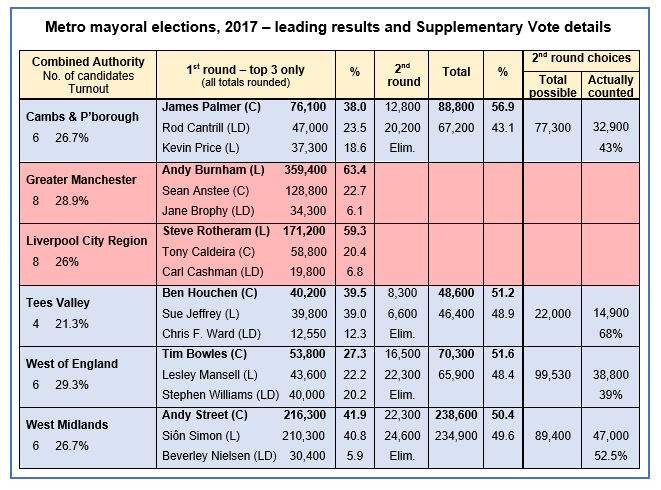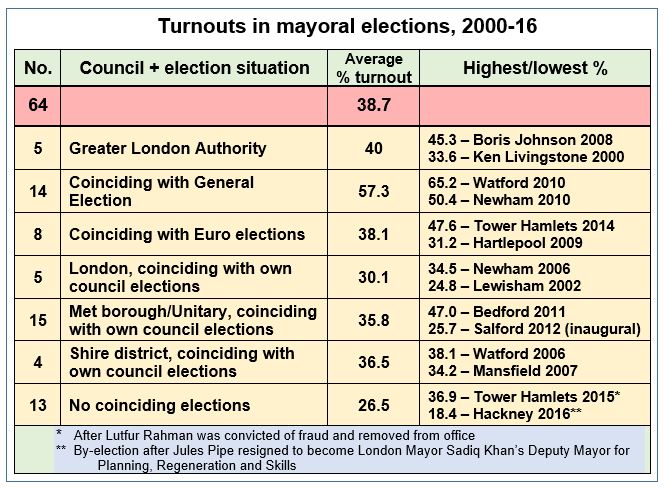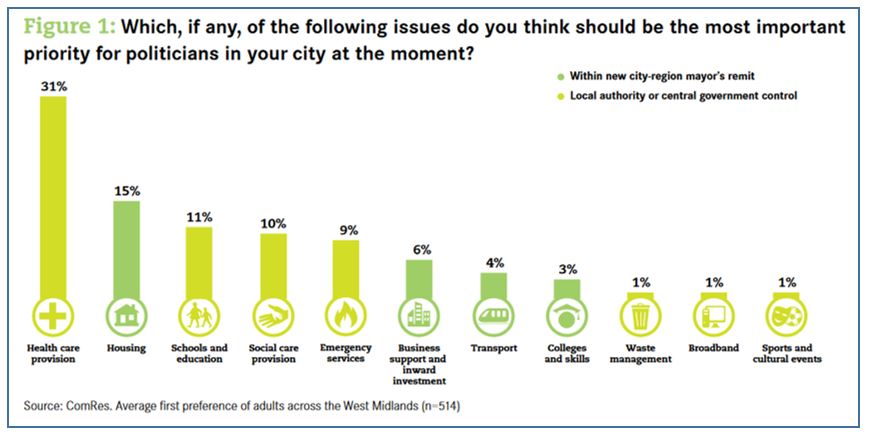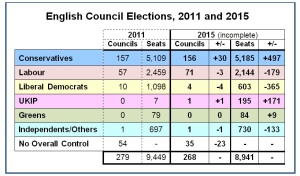Jason Lowther
Well over a thousand British citizens are currently losing their lives each day to Coronavirus in the UK, tens of thousands more are still dealing with ‘long Covid’ aftermaths. As new variants of the virus appear more infectious, and the vaccination campaign gets into high gear, is the Government’s insistence that 65 million citizens should be voting in elections in 14 weeks’ time a valiant defence of our democratic freedoms – or a foolish waste of time and money that will likely be pulled at the last minute?
Thursday 6th May 2021 is scheduled for a mass of elections across the UK – including all 24 county councils, six unitaries, three Combined Authorities, Police and Crime Commissioners, and all seats in the Scottish and Welsh Parliaments. Every citizen in England, Scotland and Wales would be involved in one or more of these elections. Some of these elections have already been delayed for a year, depriving citizens of the chance to choose their elected representatives.
But are safe and fair elections feasible at this stage in the pandemic?
Other countries have been running elections through 2020. An interesting example is Bavaria, the largest and second most populous of Germany’s 16 federal states (Länder). As the Covid pandemic hit the region hard in late March 2020, the second (run-off) stage of their election was completed 100% by post. Ballot papers were automatically sent to all electors in the relevant districts. Voters did not need to take any action, instead they received their postal vote at home automatically and could submit their votes by post up to 6pm the evening before election day. An evaluation by Rebecca Wagner, a doctoral researcher at the Peace Research Institute (PRIF) in Frankfurt, found that turnouts were not adversely affected and concluded ‘a competitive electoral environment was evident with no particular electoral advantage for the incumbent parties’.
Toby James, Professor of Politics and Public Policy at the University of East Anglia and Alistair Clark, Reader in Politics at Newcastle University, have looked at the evidence from more than 100 local and national elections held in other countries during 2020. Their findings again highlight the importance of enabling postal voting in aiding turnout and reducing risks to staff and the public. To do this in the UK, they say urgent action would be needed to spread the voting over several days, provide councils with extra funding for the task, and make policy decisions more transparent and inclusive.
100% postal ballots may not be feasible by May. Peter Stanyon, chief executive of the Association of Electoral Administrators, said at the start of January 2021 that all-postal ballots were not a practical solution for the May elections, and could increase the risk of fraud. We could also ask where the additional money will come from, given councils are in severe financial distress already? The Covid Expenditure Pressures Grant is already stretched extremely thinly.
Looking at the UK, the Electoral Commission has reported findings based on its assessment of six more traditional council by-elections held during Covid restrictions last year. They found that it was possible to have elections under the restrictions then in place (before more infectious Covid strains developed), but that additional time and money is needed to do this safely. Venues, for voting and for counts, are crucial – for example, will the usual schools and church halls be available?
Council staff and members are worried that running elections at this stage in the Covid-19 pandemic is going to be very difficult. In late January, a Local Government Information Unit poll of council Chief Executives (who act as returning officers), heads of Democratic Services and Council leaders showed that 66% were “very concerned” about holding the elections in May. Even higher percentages were worried about recruiting and training election workers, disenfranchising voters with Covid concerns, the costs of running Covid-safe arrangements, and candidates being unable to campaign effectively. Chloe Smith MP, Minister of State for the Constitution and Devolution, has recently written to political parties confirming that the traditional door-to-door leafleting and canvassing is not acceptable under Covid restrictions.
Neil Johnston’s excellent House of Commons Library research briefing on the impact of coronavirus on the 2021 elections notes that the devolved administrations are one step ahead of Westminster. The Scottish Parliament passed the Scottish General Election (Coronavirus) Bill in December 2020, giving emergency powers to be used as a last resort. They would allow for all-postal voting, voting over more than one day and to delay the elections for six months. Similar powers are included in emergency laws introduced in Wales this week.
Listening to council chief executives over the last couple of weeks, there’s a real concern at spending money and moving staff unnecessarily when there is so much pressure on councils already. And almost incredulity that the Government seems unwilling to seriously consider delaying until October.
Looking at experiences here and internationally, the Westminster government too might be wise to start contemplating a Plan B. As always, local government will rise to the challenge if the decision is to go ahead in May. But let’s consider that by late summer, all nine groups at highest risk from Coronavirus are due to have been fully vaccinated – we could by around October be in a much more stable position for these important elections to take place safely and fairly, and without detracting from the vital roles councils have in tackling the pandemic right now.
Jason Lowther is Director of the Institute for Local Government Studies (INLOGOV).







